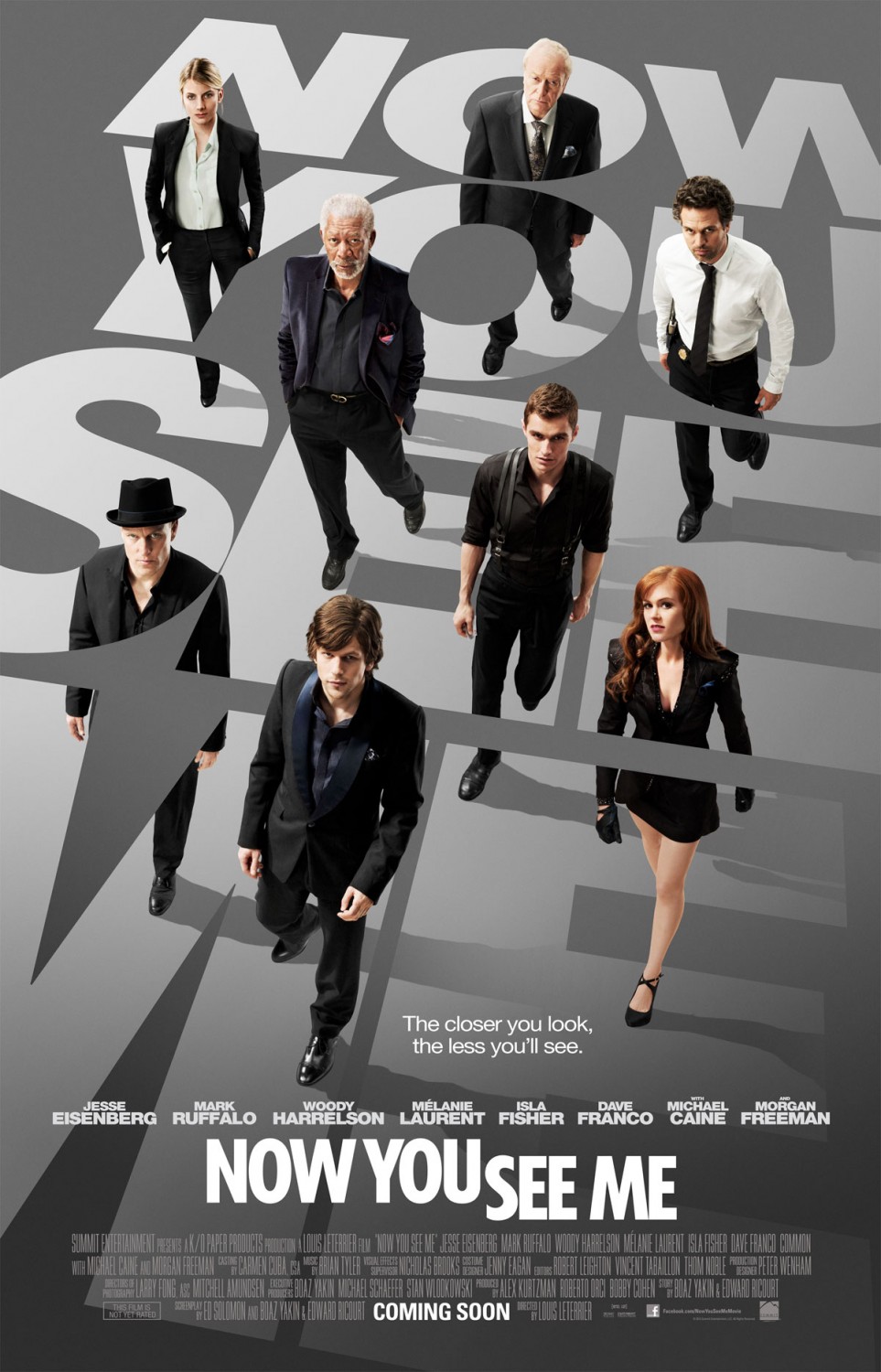living in such a technological age, it is interesting to see the change in the definition of a certain word or ideal. The word book, in the reading it talks about the slow extinction of print books and the idea of a never ending book. I read other people’s blogs to see their opinion on it as well as read Adrian’s own post on how this book was written before the invention of tablets etc… I think Douglas’s theory that books will not die is very true, even with the rise of tablets and what not according to Adrian i believe it will not die. Why? When a book is in the form of an ebook, to the current generation it is still a book. The pdf that the reading it is on, it is still a book. Maybe according to the definition of the dictionary a book is a “printed” press, then maybe the almighty book will die out. It is a funny way of thinking, everytime you read the newspaper online or read a pdf essentially you are supporting the extinction of the very rare and soon to be extinct “book”.
Hypertext is an example of those create your own adventure books as a kid. Pretty annoying to read, but in a way those style of books can be seen as the start of hypertexting, the physical version of hypertexting. Oh tom is met with a split path leading into a jungle or a river; Turn to page 15 for the jungle, page 89 for the river. I had the worst luck as a kid , my character always died so in a way the never ending books ended for me… In a way wikipedia is the ultimate hypertext which i can see in my time. It not only has hyperlinks everywhere, but it also sorts of never ends. It is sort of a never ending non fiction hypertext.



